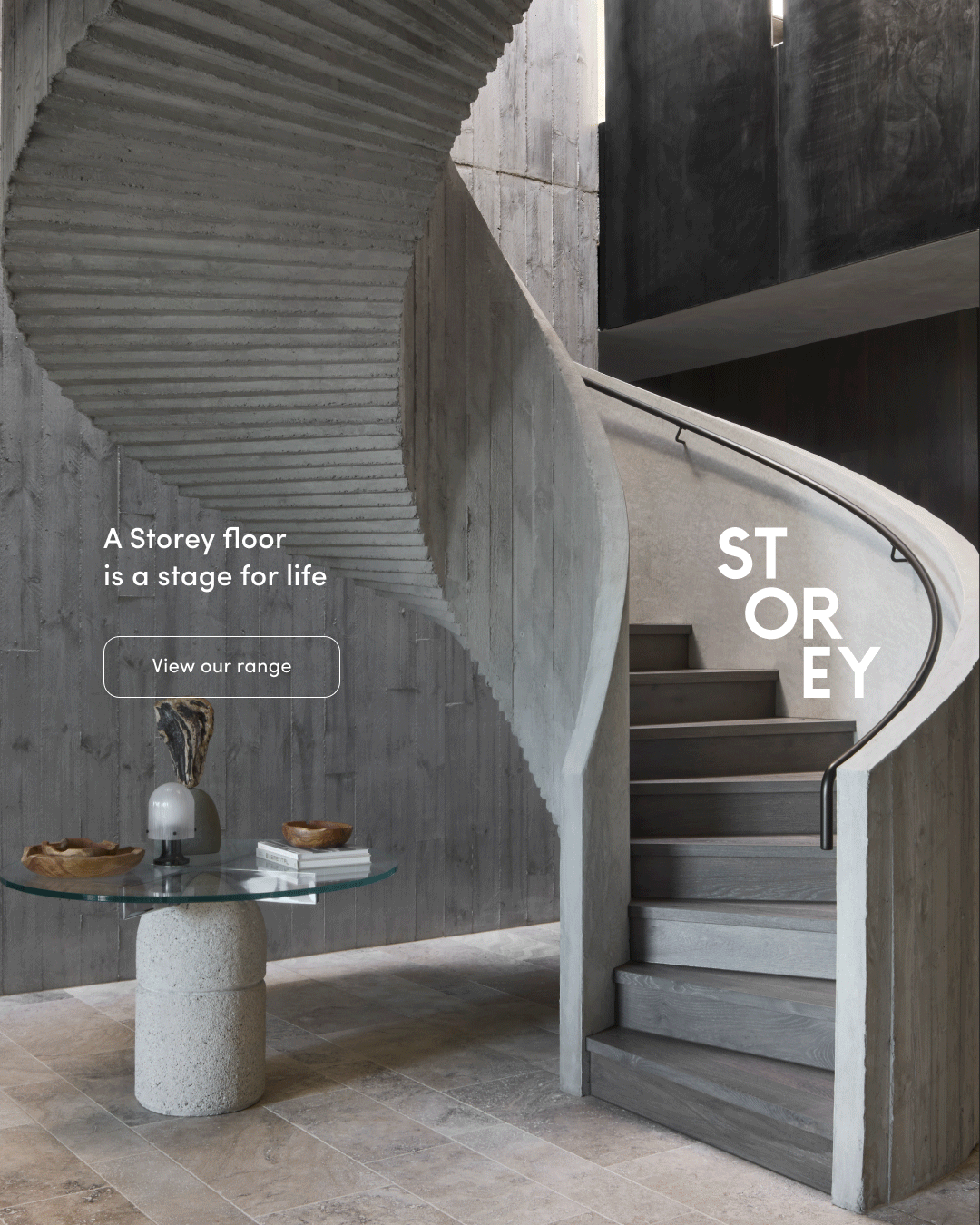
Chowa Tribeca Showroom by Yudai Kanayama and Ray Suzuki
Founded by Ray Suzuki, Chowa – which loosely translates to ‘the pursuit of harmony’ in Japanese – is a New York City-based creative studio anchored by the ancient art of kiribako, a wooden-box-making practice steeped in 300 years of history.
“Basically, we make boxes,” says Suzuki from the studio’s Tribeca showroom and office – a pocket-like space within the Art Deco 401 Broadway building. Designed to reflect Suzuki’s Japanese heritage and ties to New York City, the showroom features timber wall panelling crafted from kiri, or Paulownia – the same highly sustainable material used for Chowa’s boxes – custom iron shelving and a scattering of Brutalist antique objects oriented towards a large, south-facing window framing Downtown’s iconic skyline. Timber and washi screens depict the outline of a circle – a prevalent motif in Zen Buddhism that Suzuki says represents “a constant change in harmony, which is very close to our concept”.
Inspired by the ancient Japanese practice of box making, Suzuki – who grew up between New York City and Tokyo – founded Chowa in 2023. Precious items or, more specifically, the equipment used for tea ceremonies, is typically housed in special boxes, which serve a fundamental purpose beyond basic storage. “In tea ceremonies, whatever tool you use comes in a box. The tool is returned to the box after the ceremony and that completes the duty of the tool itself,” he says, emphasising the importance of the vessel.
Designed in New York City and meticulously handcrafted by artisans at a third-generation kiribako box manufacturer in Fukuyama, Japan, Chowa’s objects are imbued with this philosophy. The collection, which is the focus of the recently opened Chowa Library in Brooklyn – a hybrid gallery, retail and event space – encompasses delicate, lightweight boxes that can be laser etched or foil printed, tied with traditional Japanese ribbons and fixed with custom metal pins. There’s also the newly released Terasu lamp, crafted from kiri and washi local to Fukuyama. It is an ode to time-worn traditions and the skilled kiribako makers – Suzuki simply describes it as “a box that shines”.
Chowa has also been commissioned by Dom Pérignon, Atelier New York and The Mercer, among others, to design custom gift boxes that flip the switch on standard packaging. “In the US luxury market, the role of packaging is to hype up the feeling of unboxing. Once the item is taken out, the box is intrinsically valueless,” says Suzuki, adding that “the whole idea of kiribako is about how the box can live its next life.” This ethos, which upholds the kiribako legacy, places the box at the centre of the conversation, rendering it the protagonist no matter its contents.
Interior design by Yasuhito Koike, Yudai Kanayama and Ray Suzuki. Build by Serious Construction Company.

![Book Flatlay Cover Front Transparent Trio[1]](https://d31dpzy4bseog7.cloudfront.net/media/2024/06/07080212/Book_Flatlay_Cover_Front_Transparent_Trio1.png)






























